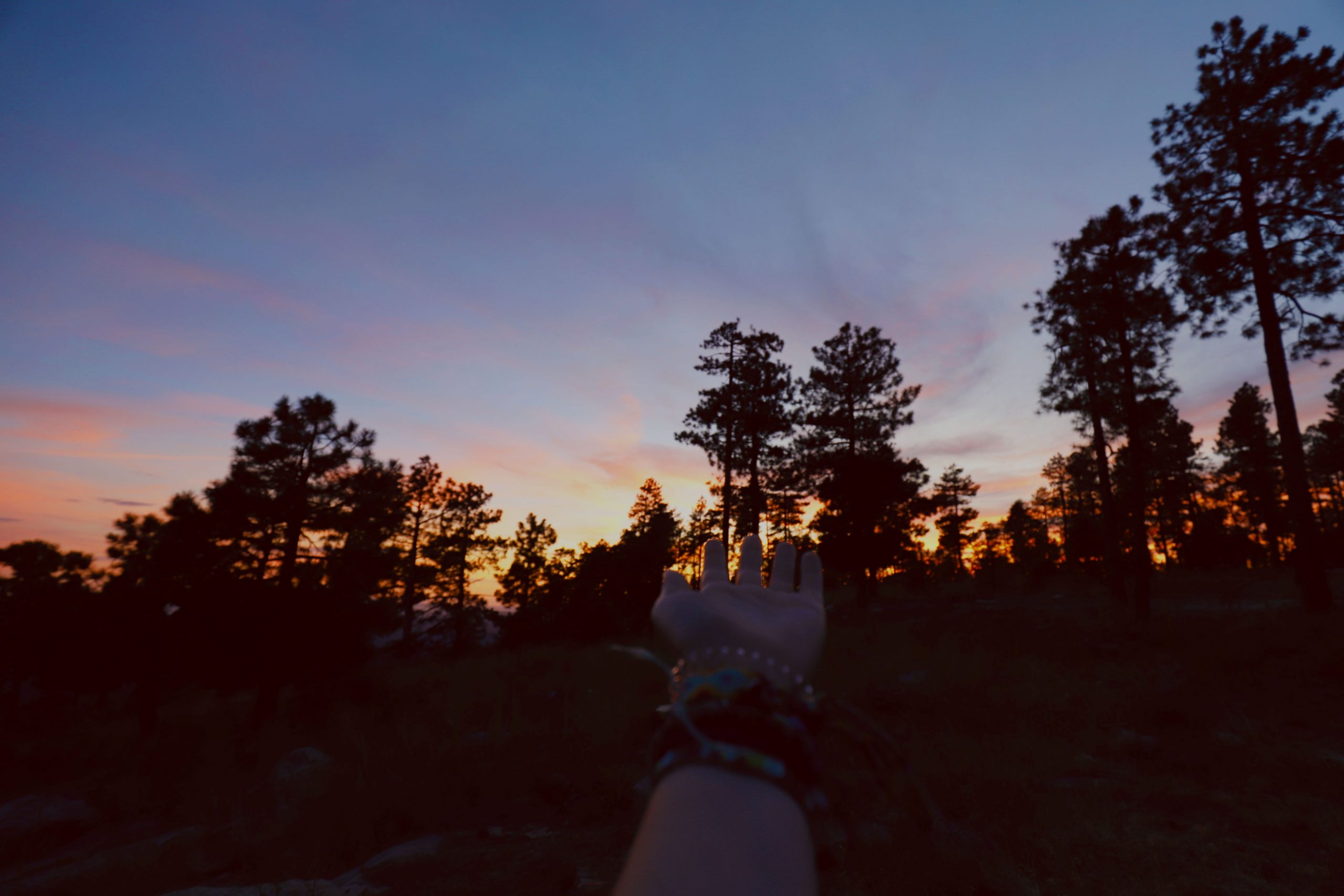The unexpected consequences of geotagging
By Kait Spielmaker
What is Geotagging?
If you are someone who is tuned in to the 21st century and the role that social media plays in our everyday life, you probably notice the interactive Instagram feature that allows your photos to be tagged at a specific location. If you are not so technologically inclined, geotagging (or tagging) is an Instagram tool that allows you to tag a specific spot such as a restaurant, city, or hot springs.
So whether from the edge of a mountain halfway across the world or at your favorite neighborhood coffee shop, your followers can click on the location and see where you were. This feature helps engage local followers for growing a business and continuously expanding the reach for a perfectly curated Instagram following.
This tool is beneficial, even profitable, for businesses and fun for documenting travels, but what happens when that tool causes destruction and leads to the over-tourism of geological sights and natural wonders?
Geotagging in Nature
Nature is meant to be a getaway, but places that were once untouched, unknown and secluded are now overrun with tourists, and often left worse than found. Trash and human waste is left behind, visitors are starting fires when there are strict no-burn policies, and vandalism, such as graffiti, is happening.
Unfortunately, geotagging often leads to negative repercussions for the tagged locations.
How it’s Effecting Jackson Hole
Jackson Hole, Wyoming, is seeing the effects of what happens when locations within a beautiful natural area are tagged. The Visit Jackson Hole website launched a sustainability campaign that offers ways to tag responsibly while in the area, accompanied by mindful travel tips.
One issue Jackson Hole has faced has resulted from people tagging locations in the backcountry, which caused a surge in visitors often ill-prepared for the rugged terrain. This put tourists at risk, which can be a huge liability for the local government.
Leaving Places Secret
National Geographic, NPR and the New York Times have all written about the importance of leaving locations secret. A surge in foot traffic on trails can lead to erosion or disruption of local ecosystems.
Here in Arizona, Horseshoe Bend has seen a spike in visitors in recent years thanks to geotagging. Once a reclusive spot along the Colorado River that had, on average, only 1,000 visitors per year, now sees 4,000 visitors per day.
These types of cascading changes can have calamitous effects on nature. In Ontario, Bogle Seed Farms, a sunflower farm, temporarily shut down after visitors reached 7,000 in one day, leaving behind trash and trampled sunflowers. The city of Kanarraville, Utah, home to Kanarraville Falls, has seen such an influx of transients in the area that the city and the once secluded nature are suffering.
Getting That Perfect Shot
Instagram influencers will bend the rules implemented by the local government and conservationists in order to get that perfect shot. Those rules that were put in place to protect the local ecosystems and help prevent erosion are being broken by those who feel they are above the rules which, in turn, encourages their following to do the same.
In 2016, two YouTube personalities were fined and sentenced to jail time for illegally venturing off the boardwalk near the Grand Prismatic in Yellowstone after they posted it to social media. They were banned from U.S public lands for five years. They also posted images of them water skiing behind a vehicle on the Bonneville Salt Flats in Utah when it was flooded. According to the Bureau of Land Management website, vehicles are restricted on the flats when flooded.
Geotagging is also linked to inadvertently assisting poachers in finding endangered animals. In parts of South Africa, there are signs posted urging visitors using social media not to post the location when animals are featured because this is a tool that precocious poachers can use.
We Are All Residents of the Great Outdoors
As a transient in the great outdoors, we have a responsibility to abide by the rules and regulations set up by local or federal governments and conservationists. Our actions are not inconsequential, and the impression we leave behind affects the next person and all living things around us. Government budgets do not allow for constant observation of visitors, so it is up to us to help educate and monitor the behavior of others.
In nature, when using the tagging feature on social media, opt for a general area or region rather than a specific place. If someone asks for a specific location, refrain from putting it in the public comments on your post. Instead, send them a private message telling them and inform them to do the same and respect the land.
Visit Leave No Trace to find the proper etiquette for using social media in the natural world such as tagging, exploring nature, and giving back to the areas you frequent.
Keep up with all of Green Living’s content by visiting our website.
Kait Spielmaker is a Michigan native who relocated to Phoenix, and is the digital content coordinator at Green Living Magazine. She is an avid hiker and is working on her master’s degree in Sustainable Tourism at Arizona State University.







